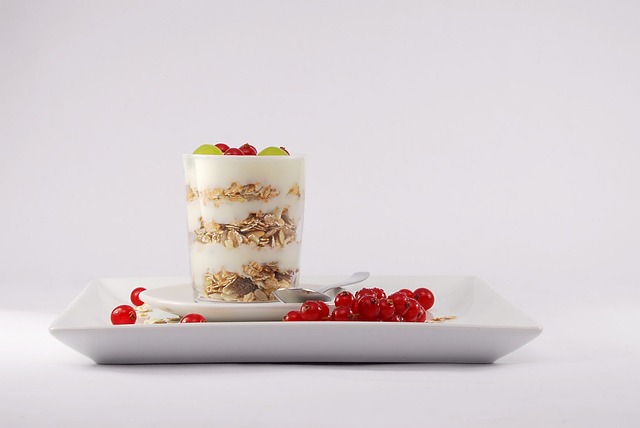Gut Feeling: How Probiotics Can Improve Your Mental Health
The gut is often referred to as the second brain. The reason for this is that the gut contains millions of neurons that communicate with the brain through a network called the enteric nervous system (ENS). These neurons have an enormous impact on our overall health, including our mental health.
Probiotics are living microorganisms, often referred to as “good bacteria,” that can be found in foods like yogurt, kefir, and sauerkraut, as well as in supplement form. These probiotics have been shown to have a positive effect on mental health by improving the diversity and quantity of the “good bacteria” in our gut.
How Probiotics Improve Mental Health
1. Reducing Stress and Anxiety:
Studies have shown that probiotics can reduce levels of the stress hormone cortisol, which can help lower feelings of anxiety and depression. One study found that individuals who took a probiotic supplement for just four weeks experienced a reduction in their anxiety levels.
2. Improving Mood:
Probiotics have been shown to increase levels of the neurotransmitter serotonin, which plays a critical role in regulating mood. A study of individuals taking a probiotic supplement found that they had significantly lower levels of depression and improved mood compared to a placebo group.
3. Enhancing Cognitive Function:
Research has shown that probiotics can positively impact cognitive function by improving learning and memory. Probiotic supplementation has also been shown to improve brain function in healthy adults.
Ways to Incorporate Probiotics into Your Diet
1. Yogurt: Yogurt is a popular food source of probiotics. Look for brands that contain live and active cultures, and avoid those that are high in added sugars.
2. Kefir: Kefir is a fermented milk drink that has been shown to have even more probiotics than yogurt. It is also lactose-free, making it a good option for those who are lactose intolerant.
3. Sauerkraut: Sauerkraut is a fermented cabbage dish that is high in probiotics. Look for unpasteurized varieties to ensure that the probiotics are still live.
4. Kimchi: Kimchi is a spicy fermented dish made from cabbage and other vegetables. It is a staple in Korean cuisine and is becoming increasingly popular in the West.
Probiotic Supplements
If you are not able to get enough probiotics through food sources, you may want to consider taking a probiotic supplement. Look for supplements that contain strains such as Lactobacillus and Bifidobacterium, which have been shown to have a positive impact on mental health.
It is important to note that not all probiotic supplements are created equal. Look for a reputable brand that has been third-party tested to ensure the quality and quantity of the live bacteria in the product.
Conclusion
Probiotics have a significant impact on our overall health, including our mental health. By incorporating probiotic-rich foods into our diet or taking a high-quality probiotic supplement, we can improve our gut health and support our mental wellbeing.
So, take care of your gut, and it will take care of you.







